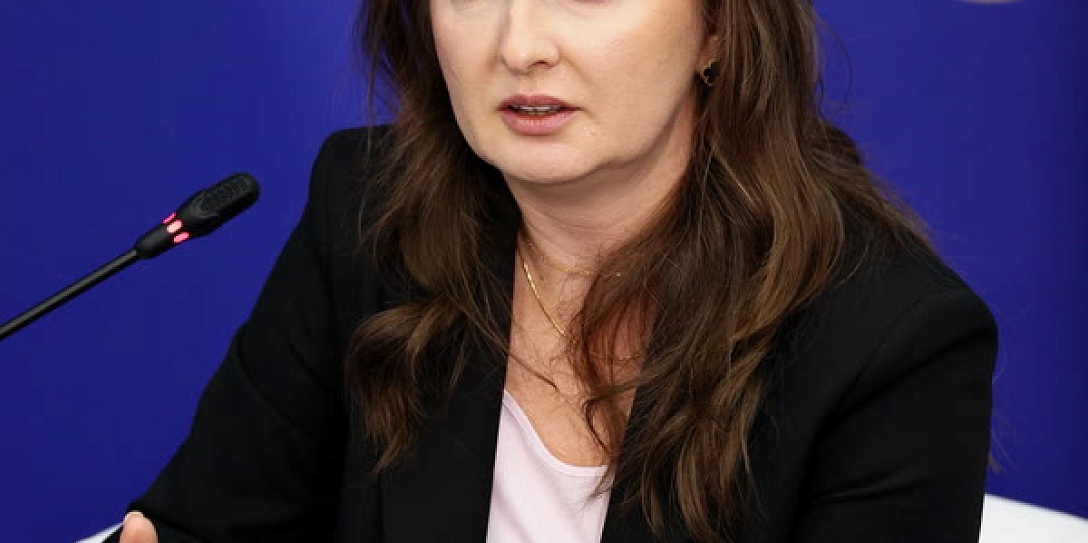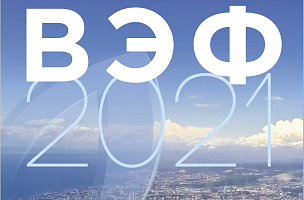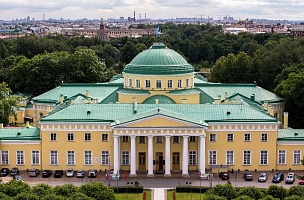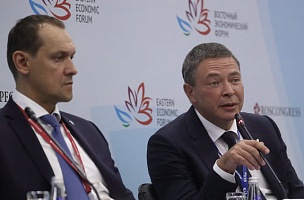Key conclusions
The Division Between Offline and Online Spaces no Longer Exists in Today’s World
“The word ‘Internet’ isn’t one that the young generation uses because they grew up inside it. […] They use the names of specific platforms. […] So we’ve come to realize that for the next generation, this division [into online and offline – Ed.] no longer exists,” Alexey Firsov, Founder, Platforma Social Design Centre.
“There definitely isn’t any dividing line between offline and online space at the moment. However, under the new ethics, we can see how something that originated online has very quickly penetrated into the digital space. And thanks to this coming together of the new ethics, we can see how, on the one hand, the views, the points of view of some small groups begin to dominate society and expand the boundaries of moral values, ethical foundations, and on the other hand, how the digital space has amplified the effect of these manifestations thanks to the phenomenal speed at which information is transferred,” Yulia Ablets, Deputy Director General, Dialogue Regions.
“We must pay attention to generation Z, the younger generation. They’re already living in a virtual universe. We were just talking about how there is no separation, no boundaries between online and offline, how they can’t imagine themselves outside of it, and it’s true. And NFT, personalized avatars, 3D avatars, Web3, it’s all they’re interested in, they’re in that world. It’s a trend you can’t miss,” Marina Krasnova, General Director, VKontakte.
The Need to Balance the Rights of Internet Users, Business Objectives, and Regulation
“It’s the government’s job to find the optimal balance between the rights of users, the rights of citizens – it’s fundamental and should be at the top of the list – and business objectives. And, in fact, we’re just starting to create the legislation,” Anton Gorelkin, Deputy Chairman of the Committee of the State Duma of the Federal Assembly of the Russian Federation on Information Policy, Information Technologies and Communications.
“It’s still up to the user what content they consume. Because if we limit it, if we introduce some regulatory stories, then shadow platforms will appear, and we won’t know what the younger generation, the adult generation, is living on. That is why I support it: a balance between rules, norms, ethics is important. Just like it is in the offline world,” Marina Krasnova, General Director, VKontakte.
PROBLEMS
Sites and Services Manipulate Users
“Services and resources often abuse the fact that the user is on their site and try to either push some service or product on us or make us spend more time on their services. There are these things called 'dark patterns' – essentially, manipulative measures created through design, interfaces, the navigation of various applications to get you to do what the site wants you to, for a digital resource: to buy, to spend more money, more time, or to get more data out of you,” Rustam Sagdatulin, Director, Regional Public Center for Internet Technologies (ROCIT).
“We can see how this [open commercialization of influencers – Ed.] is killing the phenomenon itself or at least becoming a barrier as it reduces the credibility of influencers. According to our surveys, at least 50%-60% of internet users are guided by them, even though only a third believe that the blogger is independent, that he or she creates content independently. 60% believe them to be either under the influence of commercial structures, or the state, or someone else. [...] They [the people and companies that shape the field – Ed.] themselves, through this commercialisation, create serious disincentives. And this is where the phenomenon needs to be corrected,’ Alexey Firsov, Founder, Platforma Social Design Centre.
Reliable Information Gets Buried in the Flow
“The sheer quantity of information that passes through the Internet makes it very difficult to identify verifiable information. And actually, there are some very interesting approaches related to blockchain technology in social networks that should probably also be considered in terms of de-anonymising the people who are interacting with our children. We have to understand that we will be held responsible for every word we say on social media just as we have to take responsibility for the things we say in real life,” Alexander Bugaev, First Deputy Minister of Enlightenment of the Russian Federation.
“Of course, content that violates the laws of the Russian Federation needs to be removed. And this is where the moderation team comes in. It works around the clock, actively monitoring what’s happening online. The development team focuses on neural network technology, computer vision, to detect and anticipate content that could potentially be malicious or toxic,” Marina Krasnova, General Director, VKontakte.
SOLUTIONS
Developing Clear and Understandable Regulatory Mechanisms and Operating Rules
“It is very important for the state to create clear rules of operation, and they should be based on respect for the digital rights of our citizens. One of the most inviolable and important rights is the right of a citizen to freely search for information on the web. And it is essential that we ensure this right here. That is why a bill on the regulation of referral services is currently being drafted,” Anton Gorelkin, Deputy Chairman of the Committee of the State Duma of the Federal Assembly of the Russian Federation on Information Policy, Information Technologies and Communications.
“Offences should be regulated by law just as they are out in the street. And they are perfectly regulated in our country already. If someone joins a gang, they are held responsible. It isn’t a job for a commercial company, though. We are creating a comfortable digital environment,” Elizabeth Belyakova, Chair, Children's Digital Protection Alliance.
Improving Critical Thinking and Quality Online Education
“There are clear tools for recognizing this or that kind of information, for recognizing fake information and for knowing how to work with it, how not to be fooled. [...] The educational part should permeate absolutely all educational programmes - from toddlers to adults, who are also learning all the time,” Yulia Ablets, Deputy Director General, Dialogue Regions.
“It [quality education – Ed.] is the most important part of the whole process, I think, the foundation: critical thinking, the ability to evaluate the information you receive. [...] Quality education, critical thinking, media literacy – this is an important story. It is very good that the state is involved in this, universities are involved in this, we are involved in this,” Anna Podpryatova, Director of Digital Media and Promotion, Higher School of Economics National Research University.
For more details, see the ROSCONGRESS.ORG Information and Analytical System.






